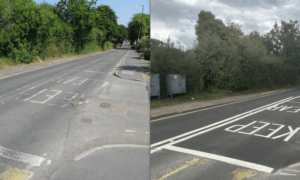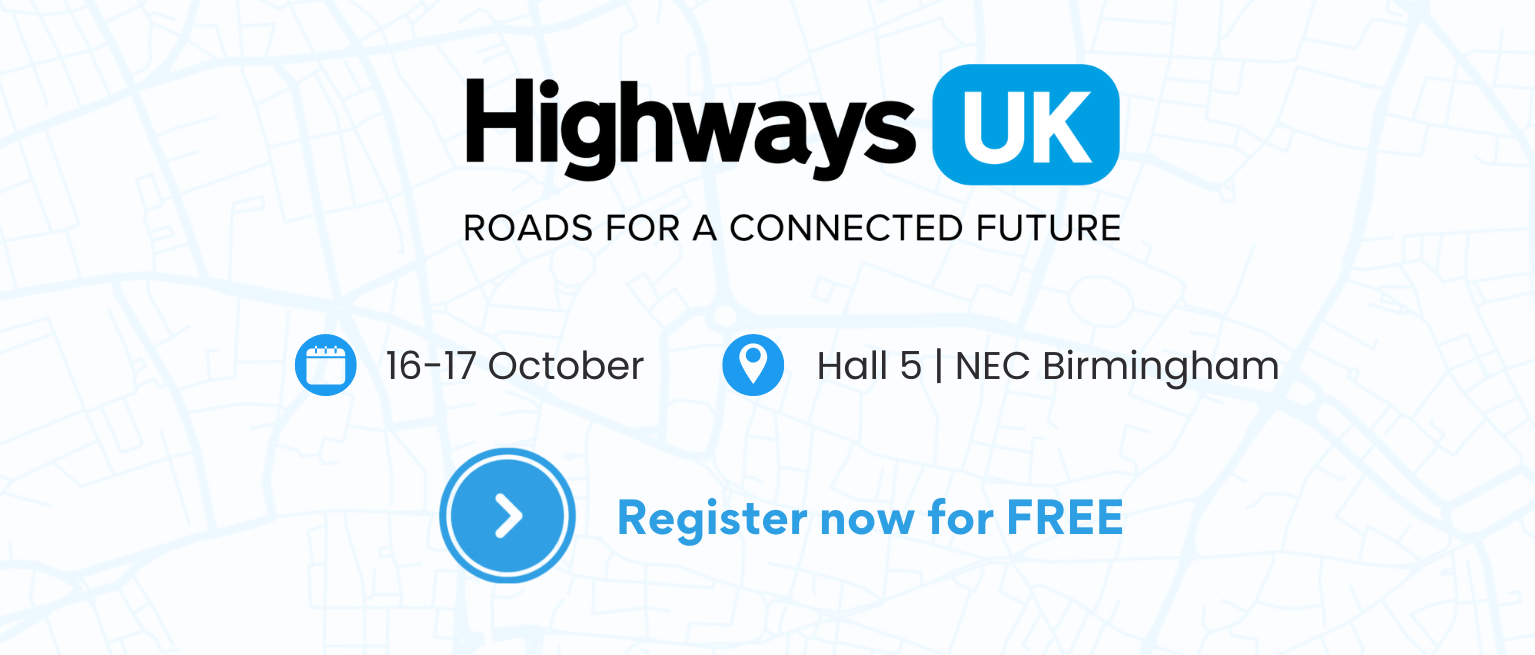The Department for Transport has detailed how £5.7bn of government funding will be divided up between seven city regions to be spent on a total of 394 sustainable transport schemes,
The City Region Sustainable Transport Settlements (CRSTS) was announced in the autumn Budget last year. It is delivered through multi-year consolidated transport settlements agreed for the next five years with central government and based on plans put forward by city regions.
Schemes that will be funded under CRSTS have now been announced and include improved bus transit corridors, electric and hydrogen buses, transport interchanges, active travel improvements and new infrastructure, as well as active travel hubs, reports New Civil Engineer.
The regions will receive:
Greater Manchester – £1.07bn – 82 schemes
West Midlands – £1.05bn – 67 schemes
West Yorkshire – £830M – 71 schemes
Liverpool City Region – £710M – 28 schemes
South Yorkshire – £570M – 65 schemes
West of England – £540M – 33 schemes
Tees Valley – £310M – 48 schemes
In Greater Manchester, 36km of bus transit corridors will be delivered around Rochdale, Oldham, Wigan, Bolton, Salford and beyond with work on the schemes expected to start in July 2023 and be completed in March 2027.
A new station at Golborne, Wigan will be constructed between October 2024 and the end of 2025. Elsewhere in the region, development work for potential new stations at Kenyon Junction, Slattocks, Gamesley, Stanley Green and Little Hulton will continue.
Manchester Street viaduct in Oldham will be refurbished, as will Queens Park bridge in Rochdale.
West Midlands metro extension is already underway, but has received an additional funding boost from CRSTS. This includes extending it from Wednesbury to Brierley Hill and renovating Metro Line 1 with new overhead line equipment.
The Metro depot will also be upgraded to support the more than doubling of the fleet capacity and an even greater increase in maintenance, welfare, office and storage capacity.
CRSTS funds will go towards research and development of a very light rail programme for the region. Funds are also provided to develop a demonstration project, which will be a 2km very light rail between Coventry station and Pool Meadow bus station. If the project is taken forward, this line will be extended to University Hospital in the east of Coventry. Work will start in November.
In West Yorkshire, Bradford Interchange station will have a new station approach developed that will provide a direct, safe and legible route from the civic quarter and City Park through to the interchange.
Huddersfield station will have a similar upgrade, with the promise of more attractive and safer walking and cycling routes to the town centre, key transport sites and across the ring road.
Leeds station will benefit from a new multi-modal gateway. This will include pedestrian priority areas, improved accessibility to the station, step-free access, segregated cycle lanes, widened footways, enhanced lighting and the provision of 700 space cycle hub and infrastructure for e-bikes.
CRSTS funds will contribute to the underway development of a new station in the White Rose area of Leeds. This will provide new transport links in this employment, retail and educational hub and improve rail access to nearby towns such as Dewsbury and Huddersfield. It is expected to complete in March 2023.
A new pedestrian and cycle bridge will be built in Castleford over Wheldon Road. This will address safety issues as the current road bridge has no provision for pedestrians and cyclists.
Seven mobility hubs will be delivered around West Yorkshire to increase local transport accessibility by providing access to demand responsive transport services, shared bikes, car club and electric vehicle (EV) charging facilities to complement existing public transport networks.
The Independently Powered Electric Multiple Unit project will be expanded to fit all Merseyrail trains with battery technology to enable services to run beyond the end of the existing network.
Liverpool Baltic station, which has recently had Mott MacDonald assigned as designer, will be delivered, with work starting in April 2024 and lasting for three years.
Runcorn station building will be rebuilt with enhanced active travel links connecting. Work is expected to take place between July 2024 and February 2026.
Sandhill station in Liverpool will have its capacity expanded to support Liverpool Waters – the £5.5bn redevelopment of the Vauxhall area of the city. This is scheduled to take place from March to December 2023.
A train station at Doncaster Sheffield Airport will be built and connected to the East Coast Main Line (ECML) as part of the wider Gateway East development. It will feature 100m-long platforms with passive provision for extension to 150m. This scheme is expected to start in 2024 and will be retained by the DfT.
Active travel cross city connections in Sheffield will be improved. This will plug the gaps within Sheffield city centre to the radial cycle links, maximise connection with existing schemes and consider options to connect other key destinations in the city centre.
Connections from Doncaster to the Trans Pennine Trail will be improved, connecting up deprived communities where car ownership levels are low.
Funds have been provided to develop the proposal to restore the North Midland Line to run passenger services from Barnsley to Wakefield Kirkgate via the semi-operational freight route from Wakefield to Lundwood.
Some funds will also go towards the initial outline business case for a new integrated tram-train and mainline station in Rotherham.
In the West of England, a new station will be built in Charfield, between Gloucester and Yate. This will enable additional development and sustainable transport for new and existing residents of the village, including a transport hub. This is scheduled to start in autumn 2024 and finish in early 2026.
The Bristol to Bath railway path will be improved with upgraded lighting and access.
A sustainable transport corridor and hub will be made along the M32. This will improve bus priority and the active travel offer. It will remove substantial traffic entering the centre of Bristol from the M4.
Also, ail improvements abound in the Tees Valley. The largest rail investment project in the region is the delivery of Darlington station, which will now benefit from CRSTS. It will be on the ECML and work is expected to start at the end of September, with a completion scheduled for late 2024.
Middlesborough station will also undergo improvements to its operational layout, accessibility and capacity.
A regeneration scheme for the railway between Middlesborough and Redcar to support the Teesworks freeport site will be taken forward. This will involve reinstating the mothballed Redcar British Steel station and improving South Bank station, increasing access to the freeport. Work is expected to start at the end of March 2024 and take two years.
Tees Valley is also developing a digital twin of its transport system.

























